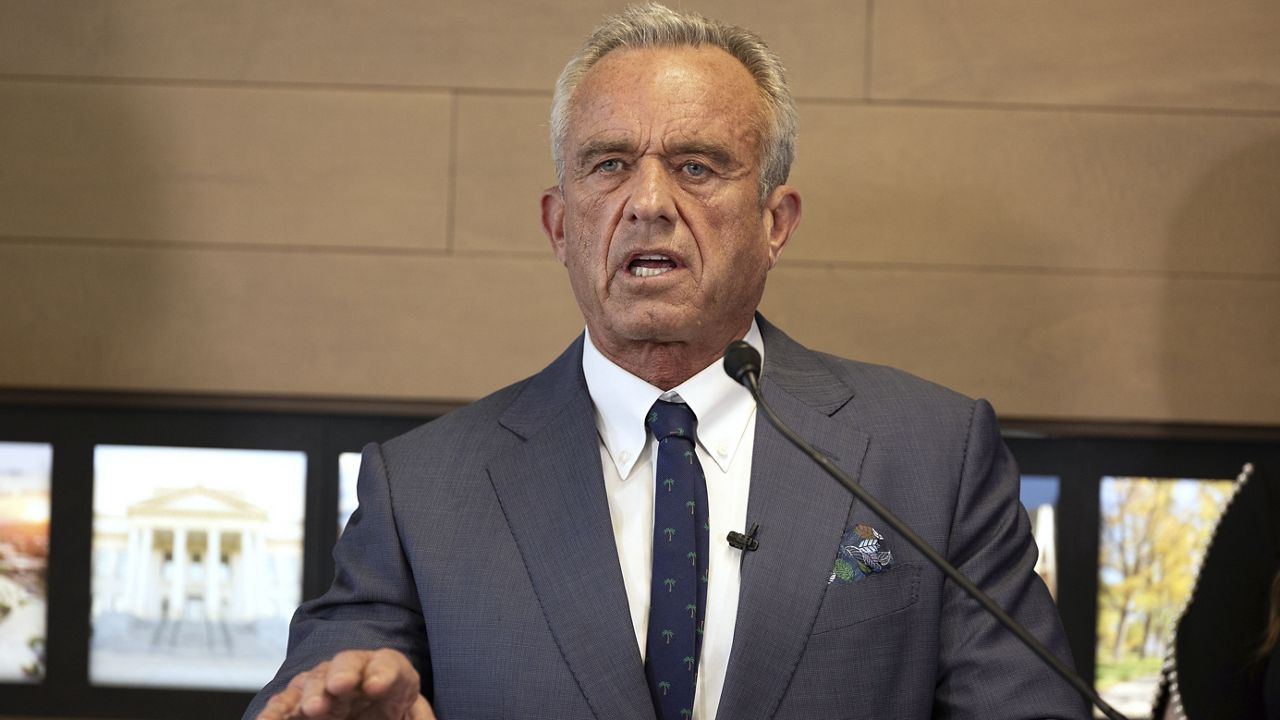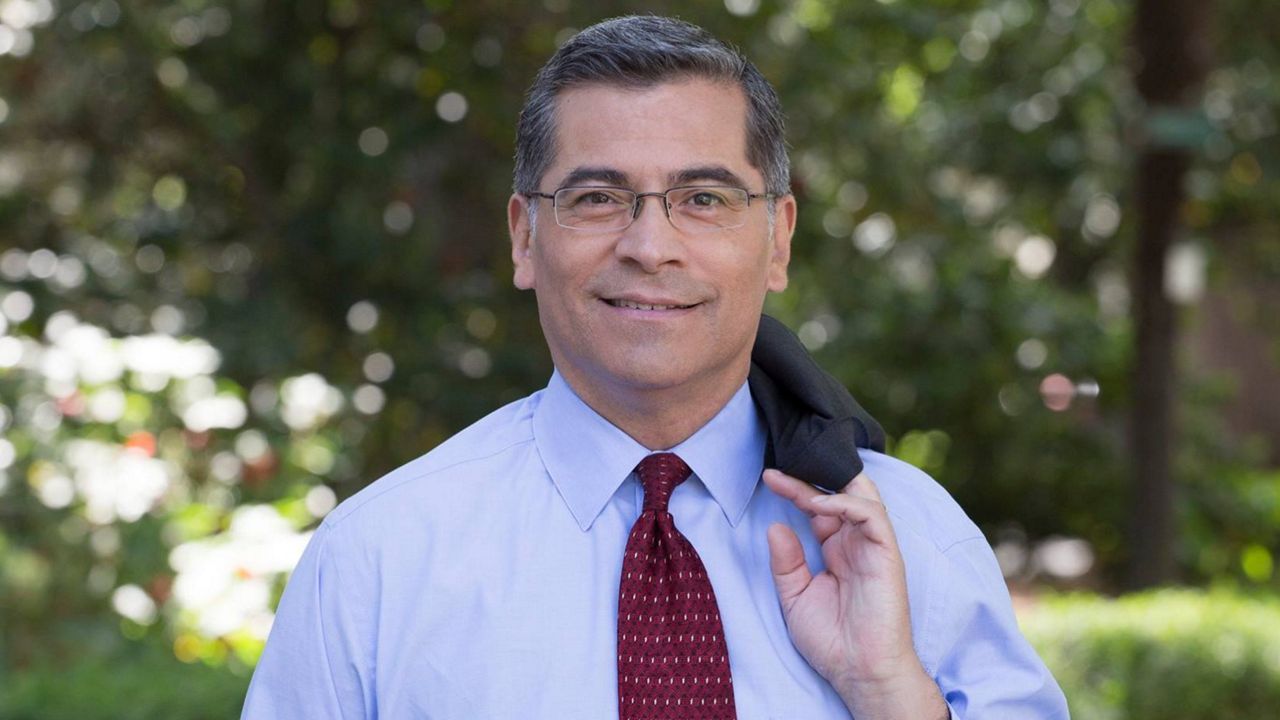Wisconsin is at the forefront of a push by the Biden administration to speed up the replacement of lead water pipes.
Nationwide, up to 10 million American households still receive drinking water through lead pipes – even though exposure to lead can cause developmental disabilities and other health problems.
With that in mind, just getting a glass of water can be unnerving for homeowners – like Wisconsin resident Maria Beltran, who said she doesn't "feel comfortable with it."
"That's the only part about my home that I'm scared of, is the lead pipes in my home," Beltran said. "That's what I'm scared of."
She’s lived in her house in Milwaukee for more than 20 years while raising seven children and often has her seven grandchildren visit.
"[I] let them run outside barefooted. Oh, it's okay to play with mud. I played with mud pies, dirt bombs, and that's what I would let them play with," she told Spectrum News.
But the soil outside her home contained lead, as did some of the paint inside, including the drinking water.
"We were outside on the porch and two outreach workers from the [Milwaukee’s Social Development Commission] approached me and asked me if they could test my grandchildren for elevated blood levels," said Beltran.
"Per the [Center for Disease Control and Prevention], 3.5 μg/dL is the danger level, okay? My kids were above 3.5 μg/dL. I had one child that was at 15 μg/dL," she continued.
Her family was poisoned in the one place where she thought they would be safe: their home. And she believes the negative effect that level of exposure had on her grandkids was apparent.
“My grandson was having trouble, you know, with speech, behavior, emotional, social, everything,” she said. “He was just declining.”
Beltran says they have since gone through occupational, physical and speech therapy because of lead poisoning.
"I don't know, I just blame myself. Like if my kids get sick, like, I should cover them, right, or I should have, you know, did more for them, but you can't prevent any of that stuff," she added.
Beltran has since joined the Coalition on Lead Emergency [COLE], a local organization that provides water filters, information and other resources to families at the center of the city’s lead crisis.
“We educate the families to cover up the windowsills. [If] you see crack paint, tape it up. Do what you can to advocate for yourself in your own home to be safe and help them get the resources that they need,” she said about her work with COLE.
A state program removed the lead paint and soil and now the federal government will replace the lead water lines leading to Beltran’s home. Vice President Kamala Harris mentioned extra support is headed Milwaukee’s way soon during the Accelerating Lead Pipe Replacement Summit last Friday at the White House.
“In many communities, families, children and parents cannot take for granted that they will turn on a tap and clean water will come out,” said vice president Harris.
Following up on the $15 billion investment in nationwide lead pipe replacement in the 2021 infrastructure law, the Biden administration announced, during the summit, the launch of a program in Wisconsin and three other states to speed up that work. It aims to develop best practices that can be used everywhere.
"There are about 40 communities that are going to be part of this accelerated program," Rep. Gwen Moore, D-Wis., said. "They can be provided with tremendous technical assistance, so that we can onboard people who are qualified to do the work onboard technical support in terms of identifying where the lead laterals are, and it will accelerate the removal of these pipes."
Beltran praised the effort but says the work is not done.









